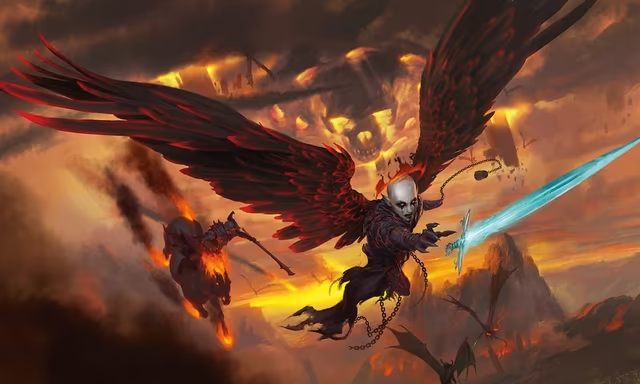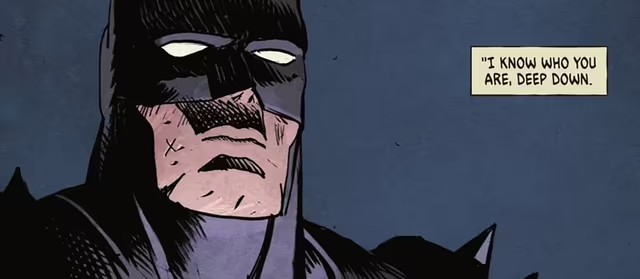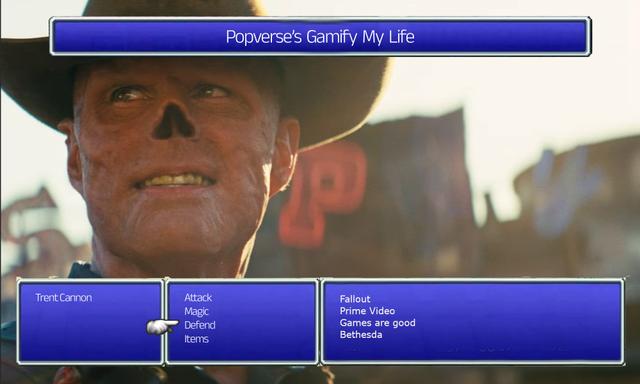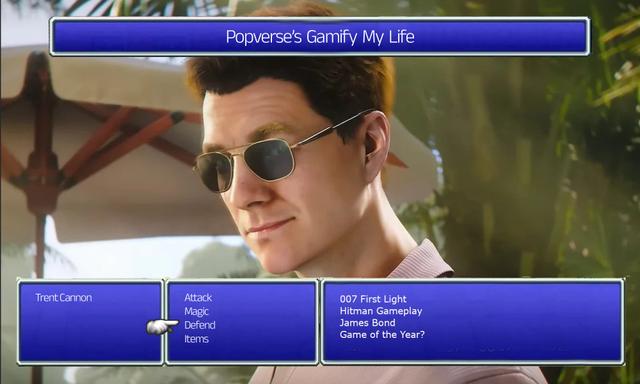If you click on a link and make a purchase we may receive a small commission. Read our editorial policy.
DC Comics' Aquaman has changed drastically, this is why it matters
How three recent Aquaman-related series redefined a classic DC superhero

Historically, Aquaman has been a blond-haired white man, an image largely iterated by white creatives behind the screen and page. But that’s begun to change in the recent years, as what ‘Aquaman’ is and can be has become more varied, and less fixed. For a whole generation now, ‘Aquaman’ means Jason Momoa, the brown-skinned Native Hawaiian and Polynesian star. This iteration has been mostly shaped by James Wan, an Asian-Australian director, with the Aquaman film being the first and only post-Nolan DC effort to cross a $1 billion at the box office.
The sea change isn’t just limited to film. Over the past two years, Aquaman, largely written by white writers for decades, has been exclusively handled by Black and Brown writers.
And the results have been fresh and quite interesting, as they complicate the ideas and thematic interests
Subscribe to Popverse to read this article
Become a member and get first access to tickets and badges to our events, photo ops, exclusive content, and more.
Follow Popverse for upcoming event coverage and news
Find out how we conduct our review by reading our review policy
Let Popverse be your tour guide through the wilderness of pop culture
Sign in and let us help you find your new favorite thing.
















Comments
Want to join the discussion? Please activate your account first.
Visit Reedpop ID if you need to resend the confirmation email.